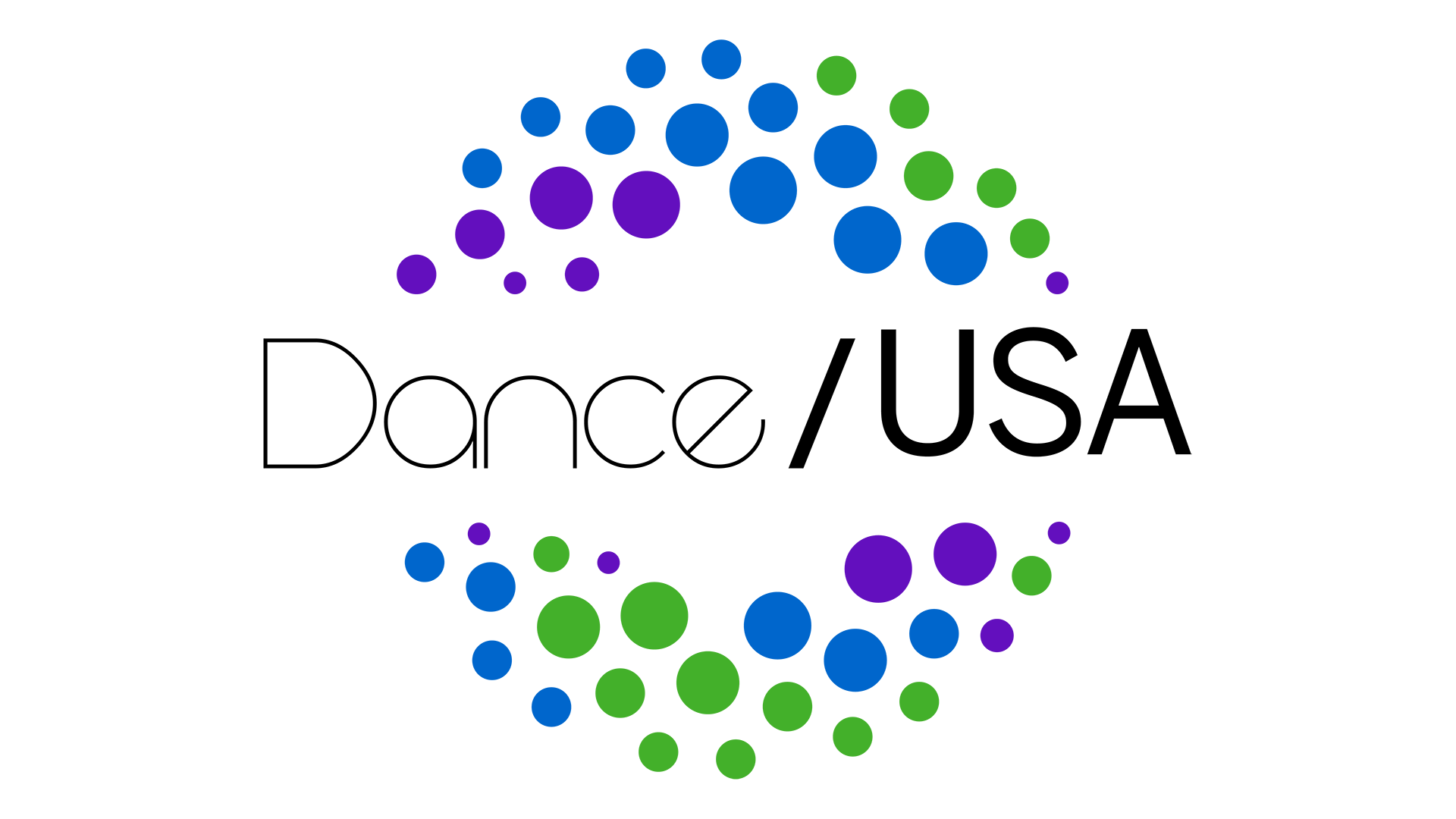Make Dance Education a Right of Every Child at any level of schooling
By Jane Bonbright
A petition to the Obama Administration, posted on whitehouse.gov, was initiated by Dr. Radi Shafie, a dancer and parent from Albuquerque, N.M., January 16, 2013. Shafie was a practicing physician for 12 years but, captivated by flamenco and tango dance, he became a professional dancer. In addition, he is a dance major at the University of New Mexico/Albuquerque. He has a nine-year-old daughter who does not have access to dance in her school.
In one of Shafie’s classes at UNM/Albuquerque, he was introduced to the Child’s Bill of Rights in Dance, a document that was published by the National Dance Education Organization, initially in 1998. The Child’s Bill of Rights in Dance codifies the belief system upon which the NDEO was established and it requires equal access and opportunity for all persons in the United States regardless of gender, age, ethnicity, socio-economic status, interest or ability.
Shafie considers dance so fundamental to one’s humanity that he wants all Americans to consider the importance of making quality dance arts education a part of every child’s curriculum across the 50 states and in 15,000-plus school districts.
Publicly, Shafie hopes that those who are involved in the dance field use this opportunity to increase this public discussion and contribute enlightenment and research to the national dialogue. And, for those who are not directly affiliated with the dance, field, he wishes for the public to become aware and informed citizens. Politically, Shafie hopes to attain the 100,000 signatures needed to
raise the issue to the Administrative level at White House so a task
force could be formed to address the issue through collaboration with
NDEO and other dance/arts organizations. Politically, Dr. Radi Shafie hopes to attain the 100,000 signatures needed to raise the issue to the Administrative level at White House so a task force could be formed to address the issue through collaboration with NDEO and other dance/arts organizations. At that level, dance educators, artists, private sector teachers, and performing arts organizations will have an opportunity to provide informed leadership for the nation.
Finally, Shafie said, thousands of other Americans share the hope that by starting early young children can benefit from what dance fosters: discipline, self-confidence, self-esteem, and a myriad of other attributes that add value to one’s life and make life meaningful. At the collective level, dance requires collaboration and promotes tolerance, understanding, communication, and respect for one another which, in turn, promotes creative thinking, creativity, and innovative solutions. These important attributes are necessary to building peace among people, and peace among nations.
The Petition:
We request that all children in The United States of America have as their right, access to quality dance education at all levels of schooling. Multiple research studies have shown the cognitive, physical, emotional, and social benefits of dancing for children from elementary to high school levels. Dance gives children more awareness of their bodies and more control, more respect and understanding for each other and a broader level of education. The health benefits of dancing that extend well beyond the childhood years are also well-documented. The personal and professional benefits of dance support the 21st-century skills that are highly valued in today’s education and important in later workforce skills and life. This petition is in accordance with The Child’s Bill of Rights in Dance, published in 1998 by the National Dance Education Organization (NDEO). We are however independent citizens and parents unrelated to the NDEO or any other organization.
- You may view the petition directly on the White House website here.
- You may view NDEO’s Bill of Rights in Dance here.
 Jane M. Bonbright, EdD, is the founding executive director of NDEO (1998-2012). She dedicated 50 years to the field of dance performance, education, research, administration, and dance/arts advocacy at national and state levels. She began her career as a professional ballet dancer and toured the U.S. and Europe with major ballet companies. She taught for 35 years in professionally oriented training academies, K-12, and post-secondary education before serving as an administrator in dance arts education at the national level. Throughout her tenure, she worked to impact U.S. policy, legislation, and funding for dance art education in the U.S. and spearheaded NDEO networks, programs, and services. Jane continues to assist with NDEO’s Online Professional Development Institute and is expanding NDEO’s international involvement with global arts education. She is the 2009 recipient of NDEO’s Lifetime Achievement award, CODA’s Alma Hawkins award for Excellence in Dance Education (2007), and CORD’s Outstanding Research in Dance Research award (2003).
Jane M. Bonbright, EdD, is the founding executive director of NDEO (1998-2012). She dedicated 50 years to the field of dance performance, education, research, administration, and dance/arts advocacy at national and state levels. She began her career as a professional ballet dancer and toured the U.S. and Europe with major ballet companies. She taught for 35 years in professionally oriented training academies, K-12, and post-secondary education before serving as an administrator in dance arts education at the national level. Throughout her tenure, she worked to impact U.S. policy, legislation, and funding for dance art education in the U.S. and spearheaded NDEO networks, programs, and services. Jane continues to assist with NDEO’s Online Professional Development Institute and is expanding NDEO’s international involvement with global arts education. She is the 2009 recipient of NDEO’s Lifetime Achievement award, CODA’s Alma Hawkins award for Excellence in Dance Education (2007), and CORD’s Outstanding Research in Dance Research award (2003).
____
We accept submissions on topics relevant to the field: advocacy, artistic issues, arts policy, community building, development, employment, engagement, touring, and other topics that deal with the business of dance. We cannot publish criticism, single-company season announcements, and single-company or single artist profiles. Additionally, we welcome feedback on articles. If you have a topic that you would like to see addressed or feedback, please contact communications@danceusa.org.
Disclaimer: Opinions expressed in guest posts do not necessarily represent the viewpoints of Dance/USA.


